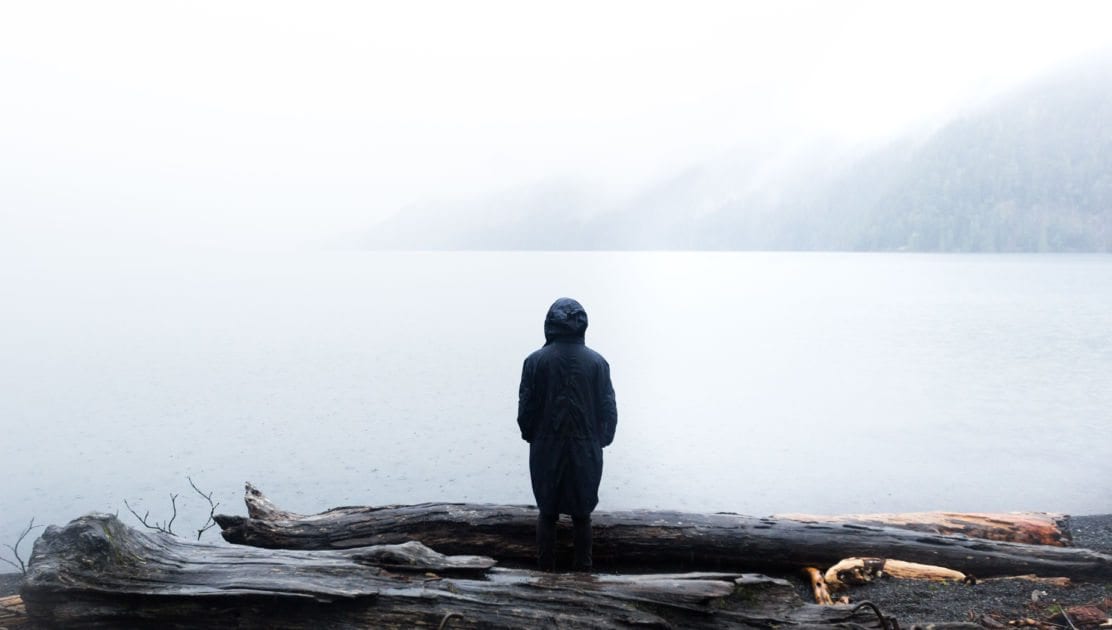Recovering Our Reciprocal Relationship With the Land
Native American Tribes are Fighting for Us All
By John McIlwainWinter is fast approaching the North Dakota plains where an unprecedented gathering of Native American tribes intends to remain at Standing Rock, continuing their protest against the Dakota Access pipeline as long as needed. Those gathering there call themselves “water protectors,” noting that running the pipeline under the Missouri River just upstream from the reservation puts their source of water at risk. Indeed, since the authorities required the pipeline route to be moved south towards the reservation and away from Bismarck for just this concern, the Water Protectors have good reason to be worried.
On one level this is a fight to protect water and sacred sites, yet on another it is a fight against a carbon industry that is destroying land while pouring greenhouse gasses into our atmosphere. It is a fight, in fact, on behalf of us all.
Motivating this remarkable gathering is the deep connection between Native Americans and the land (and water). It is a sacred and reciprocal relationship; the land and water give life and they, in return, offer gratitude, care and protection. The relationship is ancient and still alive, despite the brutal removals from their native lands to which the U.S. government subjected them. Robin Wall Kimmerer, a Native American and professor of biology and ecology at SUNY, writes in her lovely book, Braiding Sweetgrass:
In the face of such loss, the one thing our people could not surrender was the meaning of land. … [T]o our people it was everything: identity, connections to our ancestors, the home of our nonhuman kinfolk, our pharmacy, our library, the source of all that sustained us. Our lands were where our responsibility to the world was enacted, sacred ground. It belonged to itself; it was a gift, not a commodity, so it could never be bought or sold.
This relationship to land radically undermines the dominant approach of Western capitalism and culture; land is to be used for economic benefit, and if we leave behind a devastated landscape but have made a “profit,” we are considered to have done well.
The connection of North American indigenous peoples to the land is not unique. It can be found among the traditional communities of South and Central America, Africa and Asia. Our modern world, however, has cut us off from this sacred connection. As a result, we feel free to abuse the land and are now on the brink of a catastrophic collapse of the ecology on which human life depends.
Many are now working to correct this and to find a new balance with nature. To do this we need to reconnect with the land, to rediscover our sacred relationship to Mother Earth, and to recover our sense of being in a reciprocal relationship with the land and all “our nonhuman kinfolk.”
How we, as modern city dwellers, can do this and live it out in our day-to-day lives is not yet clear. There are no easy answers but we intend to explore this in future Climate, Mind and Behavior blog posts. We welcome your thoughts and suggestions.
John McIlwain is the director of the Garrison Institute’s Climate, Mind and Behavior program.
Image courtesy of unsplash.com

This insightful article is so hard to take in in the wake of this week’s Presidential election upheaval! My heart aches to once again assume that any little progress that we have made in terms of global warming will seem to be all for naught. However, already, after only 2 days post-election, I sense a growing tide of determination to not sit idly by as we so often have in the past. Mr. McIlwain’s article points out the sacred relationship between man and Earth that has been lost in so many ways – so very many ways that most Americans cannot even conceive of such a concept. And yet, here comes another horrendous blow to that sacred relationship in the form of our President-Elect who has vowed to do away with any funding for working with Global Warming, since he believes there is no such thing! Perhaps we can use our pain, frustration and anger to once again become creative in ways to work with our environment in a way that exemplifies honor for that sacred relationship with sustainable solutions.